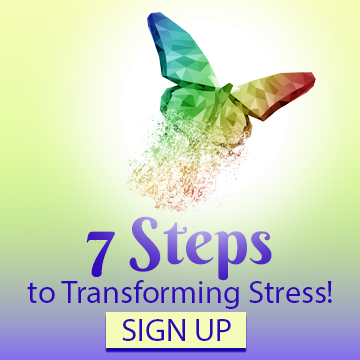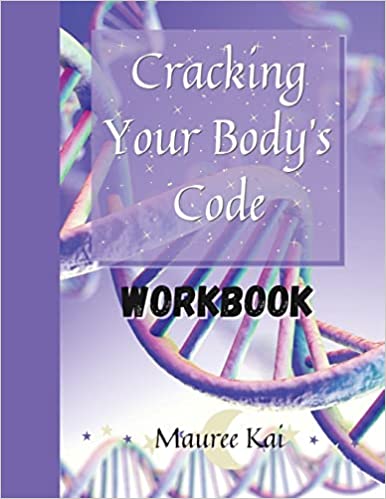Everyone at some time has probably reached for junk food or alcohol to counteract a stressful day. For some it might be a bag of chips or a chocolate candy bar. For others it is something sugary and sweet. For the emotional eater, it is a pattern where food is used repeatedly as a source of comfort to help deal with stressful situations. When emotional eating becomes a behavior as a way a person deals with their stress and other emotions, it impacts their health, their life, their happiness, and their weight in a negative manner. There are both physical and psychological causes underlying emotional eating.
Physically, some common triggers are high cortisol levels, fatigue, and hunger. Stress is a common cause of emotional eating. Stress is a reaction to circumstances that are usually beyond your ability to control. Instead of responding in a balanced, more emotionally detached way, there is a knee jerk reaction that causes the adrenal glands to secrete stress hormones like cortisol. High cortisol levels can in turn increase cravings for sugary or fatty foods.
Another physical trigger is low energy or fatigue. In our face paced society today where everyone is rushing around, especially during the holiday season, people do not always take time to eat properly so when they run out of energy they reach for a quick fix which often takes the form of fast foods, sugary foods, and even fatty or fried foods. Sugary and fatty foods can be highly addictive and will perpetuate emotional eating.
Hunger can bring about emotional eating. There is a difference between emotional and physical hunger. Physical hunger comes about gradually while emotional hunger comes on very quickly like a craving or an urge for something specific. With physical hunger almost any food will meet the need but with emotional hunger it is always a specific food such as fries, pizza, or a bag of chips.
There are also psychological causes for emotional eating such as using food as a coping mechanism, cravings, feelings of boredom, poor eating habits, and even social pressures from friends and family. Perhaps it has been a rough day and you go out for drinks or pizza with co-workers as a reward for getting through a tough day. It is easy to overindulge when you are eating out with others.
Food cravings can be a common sign of emotional eating. There is always an unfulfilled need or desire behind a craving for a specific food. Food cravings will increase with high cortisol levels but there are many causes for food cravings from wanting comfort to remembering happier times associated with a particular food. Emotional eating can be driven by nostalgia from a person’s childhood that reminds them of a time when they received a special food treat for performing on task. In today’s world, children are often rewarded with sugar for doing a good job or following directions. This sets them up for an unhealthy pattern later in life.
Being bored or having nothing fulfilling to do is another common trigger for emotional eating. Many people have a need for constant stimulation. When they have nothing constructive to do, they will turn to food to fill the void. They eat food out of boredom.
The good news is if you are an emotional eater there are steps you can take to break the pattern.
First and foremost, it is imperative to recognize the triggers and situations that perpetuate the behavior. Make yourself a list. Once you have identified the triggers, you can begin to brainstorm ways to counteract them.
Take time to eat regular meals with a mindful presence. Slow down to chew and give thanks for the food and all the ways it is nourishing your body. Really try to pay attention to the different tastes and enjoy what you are eating.
Have healthy snacks on hand to eat between meals.
Start your day off with protein for breakfast. This keeps your blood sugar more stable and reduces the impulse to snack on unhealthy food.
Engage in stress reducing activities such as meditation, walking, exercise or another form of movement, and deep breathing.
Fight boredom with a new hobby.
Eliminate temptation by not buying bags of chips, cookies, or whatever you usually indulge in. If it is not in your home, you cannot eat it!
Become more mindful of what you do eat and why. The pattern may trace back to childhood.
Get support from someone who can help you truly make the changes you desire. You do not have to stay stuck in an unhealthy pattern or tackle it alone. If I can help you, please reach out to me. I would love to support you in making changes to improve your health and feel great!



